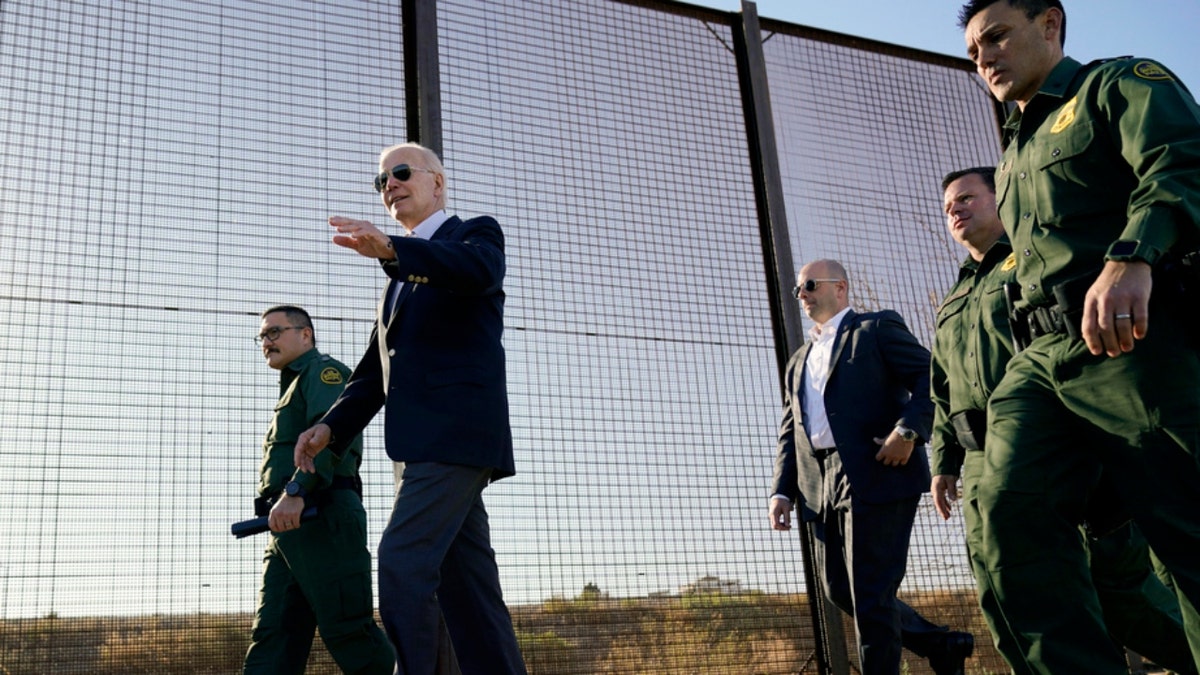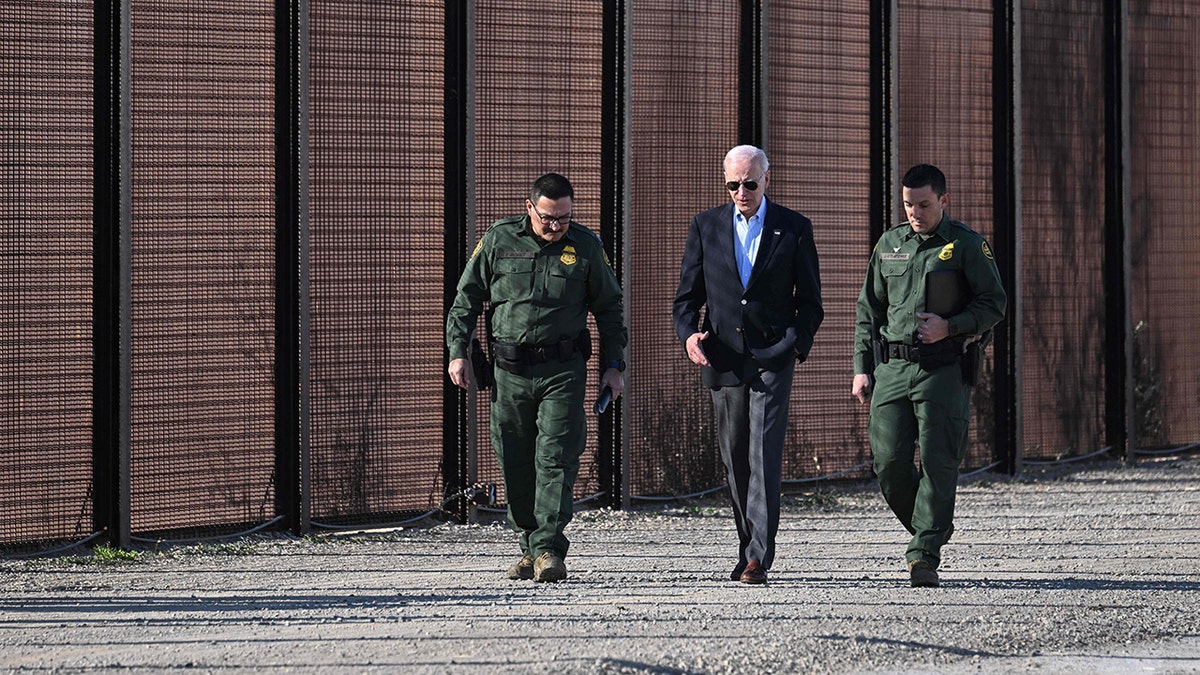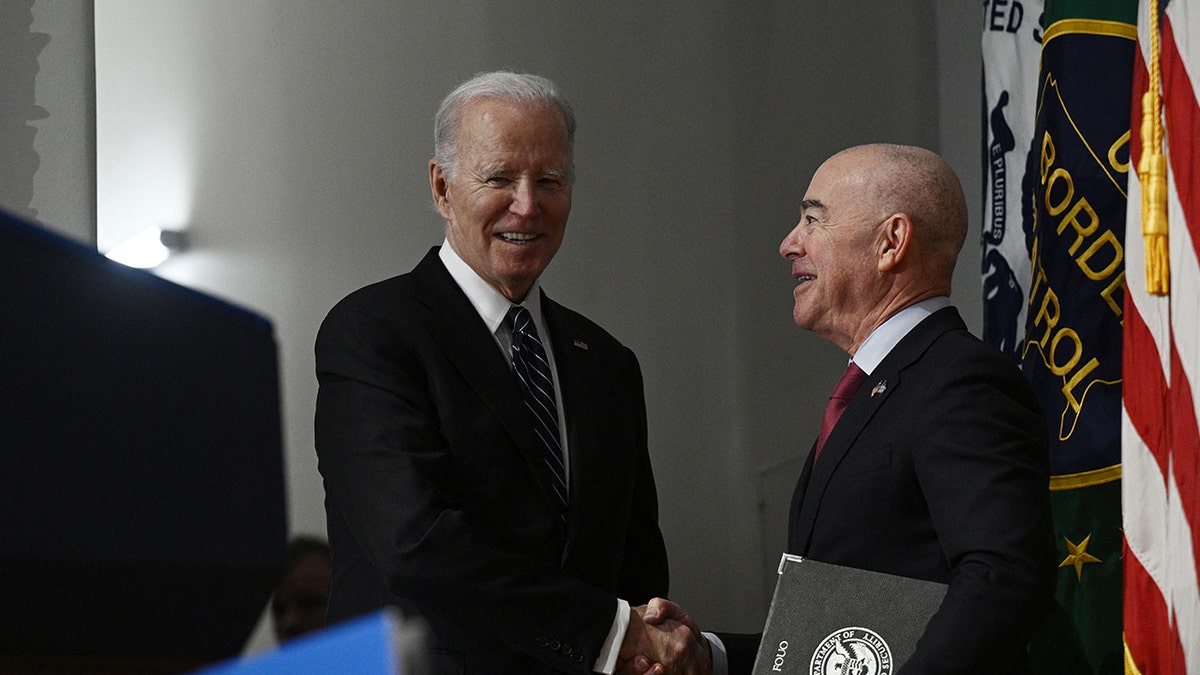The Biden administration has overseen a significant surge in legal immigration, granting legal status to over 541,000 individuals from various countries. This wave of legal immigration is largely due to the administration's utilization of a provision within a 1952 law, enabling officials to grant parole to migrants entering the U.S. without visas under specific circumstances like "urgent humanitarian" needs or "significant public benefit." This parole status typically lasts for two years, after which renewal or a visa is required.

The administration cites various global crises as justification for this approach, including mass migration in Latin America, the Taliban takeover in Afghanistan, and the war in Ukraine. Government data reveals the distribution of parole grants: 168,400 to Latin American and Caribbean migrants, 141,200 to Ukrainian refugees, 133,000 to asylum-seekers at the southern border, 77,000 to Afghan evacuees, and 22,000 to additional Ukrainians.
The border crisis, which peaked last year with over 200,000 monthly encounters for ten consecutive months, prompted the administration to explore alternative pathways for legal migration. The Uniting for Ukraine program allows Ukrainian refugees with sponsors to fly directly to the U.S. A similar sponsor-based program was implemented for Venezuelans and later expanded to include individuals from Cuba, Haiti, and Nicaragua.

Additionally, the CBP One mobile app facilitates appointment scheduling at legal ports of entry. These programs, combined with the uncapped Ukrainian program and the CBP One app's capacity for over 500,000 migrants annually, are projected to sustain the elevated levels of legal immigration. The program for select Latin American countries has an annual cap of 360,000.
The Department of Homeland Security (DHS) emphasizes a rigorous vetting process for parole grants to ensure national security. A DHS spokesperson clarified that parole is granted on a case-by-case basis, subject to strict security checks and specific criteria. Individuals lacking a lawful basis to remain in the U.S. are subject to removal, re-entry bans, and potential prosecution. The spokesperson also highlighted that more individuals have been removed or expelled than paroled in recent years.

However, twenty Republican-led states have filed a lawsuit contesting the program for Latin American countries, arguing that it exceeds the executive branch's authority and encroaches upon Congress's power to regulate immigration parole. The lawsuit contends that the DHS has effectively established a new visa program without congressional approval, exceeding its limited parole authority, which should be reserved for "urgent humanitarian reasons or significant public benefit" on a case-by-case basis.








